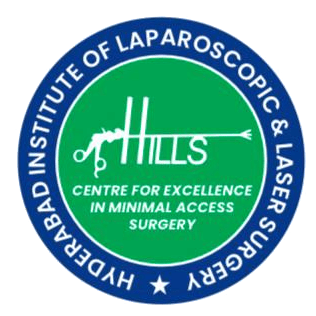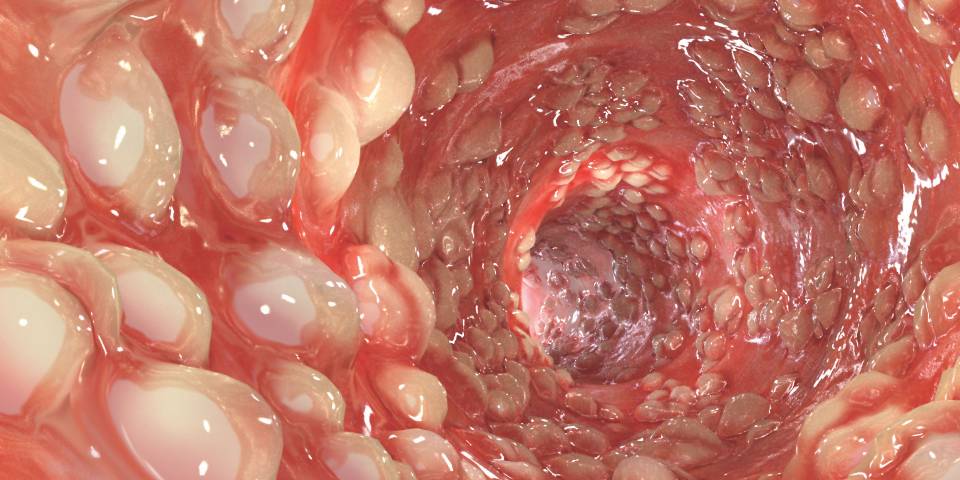Inflammatory Bowel Disease( IBD) includes two major conditions Crohn’s disease( CD) and chronic ulcerative colitis( CUC). These chronic inflammatory diseases can hardly impact a patient’s quality of life. While medicines are the primary approach, surgery becomes necessary for numerous people. Roughly 20% of patients with chronic ulcerative colitis( CUC) and 80% of patients with Crohn’s disease( CD) will require surgery at some point in their lives. Under the guidance of Dr. N. Subrahmaneswara Babu, a leading surgical gastroenterologist in Hyderabad, surgical management of IBD can help patients manage these complex conditions and improve their overall well-being. In this blog, we will explain when surgery is necessary for IBD and the common procedures available.
When Is Surgery Needed for IBD?
Dr. N. S. Babu a colorectal surgeon in Hyderabad, advises that surgery for Inflammatory Bowel Disease (IBD) may be required when:
- Medications fail to control symptoms
- Complications like strictures, abscesses, or fistulas develop
- There’s a risk of colon cancer
- Severe bleeding or bowel perforation occurs
Types of Surgeries for IBD:
The type of surgery depends on the type and extent of IBD, but common procedures include:
Colectomy (Colon Removal):
A colectomy involves removing part or all of the colon. It’s generally performed on ulcerative colitis patients who don’t respond to medication. This surgery can cure ulcerative colitis, as the condition primarily affects the colon.
- Total Colectomy Removal of the entire colon, occasionally followed by an ileostomy( creating an opening in the tummy to allow waste to leave the body).
- Subtotal Colectomy Removes part of the colon, leaving some complete for continued function.
Proctocolectomy with Ileal Pouch-Anal Anastomosis (IPAA):
Often referred to as J- pouch surgery, this procedure removes the colon and rectum but allows patients to maintain usual bowel motions by creating an internal pouch from the small intestine. It’s generally performed in ulcerative colitis patients and can save the natural path of waste elimination.
Strictureplasty:
For patients with Crohn’s disease, this procedure is used to widen narrow areas of the intestine (strictures) caused by inflammation and scar tissue. It helps maintain intestinal length and is often preferred over removing portions of the bowel.
Small Bowel Resection:
This involves removing the diseased section of the small intestine and joining the healthy ends together. It’s frequently exercised in Crohn’s disease to remove oppressively inflamed or damaged areas. Though it can ease symptoms, it’s not a cure, as Crohn’s disease can reoccur in other parts of the intestine.
Fistula Surgery:
Crohn’s disease can lead to fistulas (abnormal connections between the intestines and other organs). Surgery is often needed to remove the fistula and prevent complications such as infections.
What to Expect After Surgery?
Post-surgery recovery and outcomes depend on the type of surgery and the extent of the complaint. Most patients witness a significant enhancement in symptoms. However, it’s essential to understand that surgery, especially for Crohn’s disease, may not be a permanent solution, and recurrence of the disease is possible.
For personalized guidance and the best treatment options, confer with Dr. N. Subrahmaneswara Babu, the leading GI surgeon in Hyderabad. Discuss your options and receive an acclimatized treatment plan that suits your needs If you’re considering surgery or need a second opinion, book an appointment today to explore the best treatment options for your IBD.

